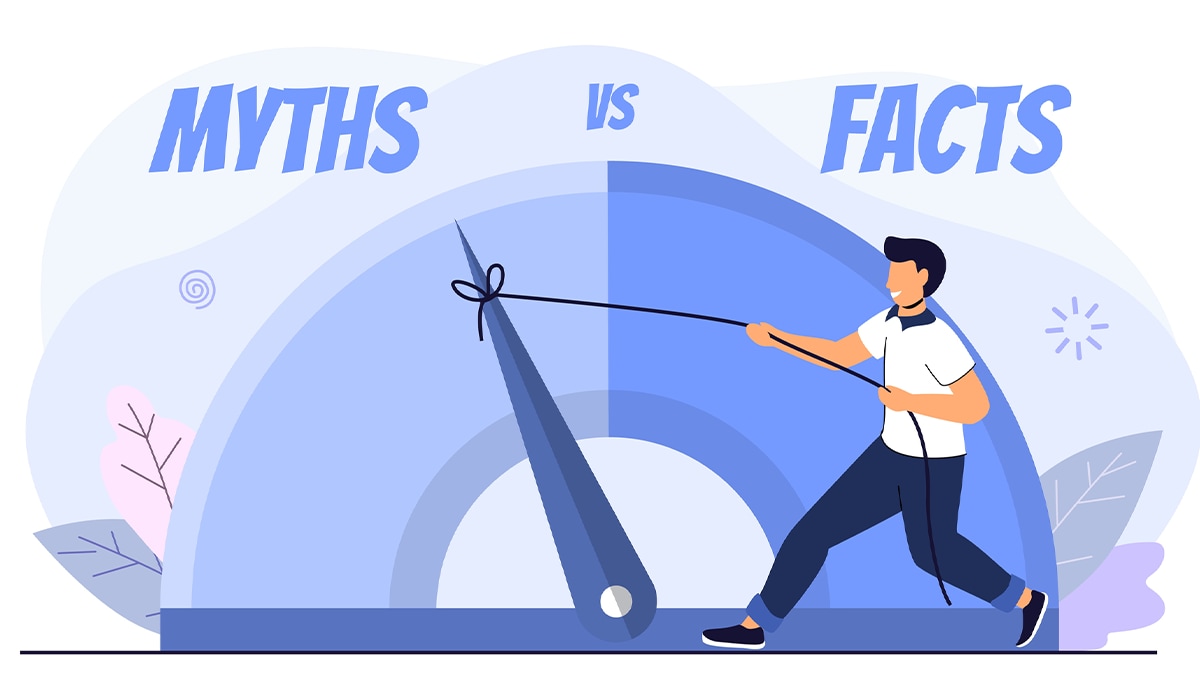At a glance
On this page, several myths about developmental screening are disproven. Screening tools can be used on younger children, usually require minimal training, take a short amount of time to administer, and can incorporate information from parents.

About developmental screening
Healthcare providers play a critical role in monitoring children’s growth and development and identifying concerns as early as possible. Pediatric primary care providers are in a unique position to promote children's healthy development because they have regular contact with children before they reach school age, and their families. The AAP encourages pediatric care providers to provide family-centered, comprehensive, and coordinated care.

What Is Developmental Screening?
- Glascoe FP. Collaborating with parents: Using Parents' Evaluation of Developmental Status to detect and address developmental and behavioral problems. Ellsworth & Vandermeer Press; 1998.
- Committee on Children with Disabilities. Developmental surveillance and screening of infants and young children. Pediatrics. 2001 Jul 1;108(1):192-5.
- Dobrez D, Sasso AL, Holl J, Shalowitz M, Leon S, Budetti P. Estimating the cost of developmental and behavioral screening of preschool children in general pediatric practice. Pediatrics. 2001;108(4):913-922.
- Glascoe FP. Evidence-based approach to developmental and behavioural surveillance using parents' concerns. Child Care Health Dev. 2000;26(2):137-149.
- Squires J, Nickel RE, Eisert D. Early detection of developmental problems: strategies for monitoring young children in the practice setting. J Dev Behav Pediatr. 1996;17(6):420-427.
- American Academy of Pediatrics (AAP). Bright Futures. Available at: https://www.aap.org/en/practice-management/bright-futures. Accessed on January 12, 2024

